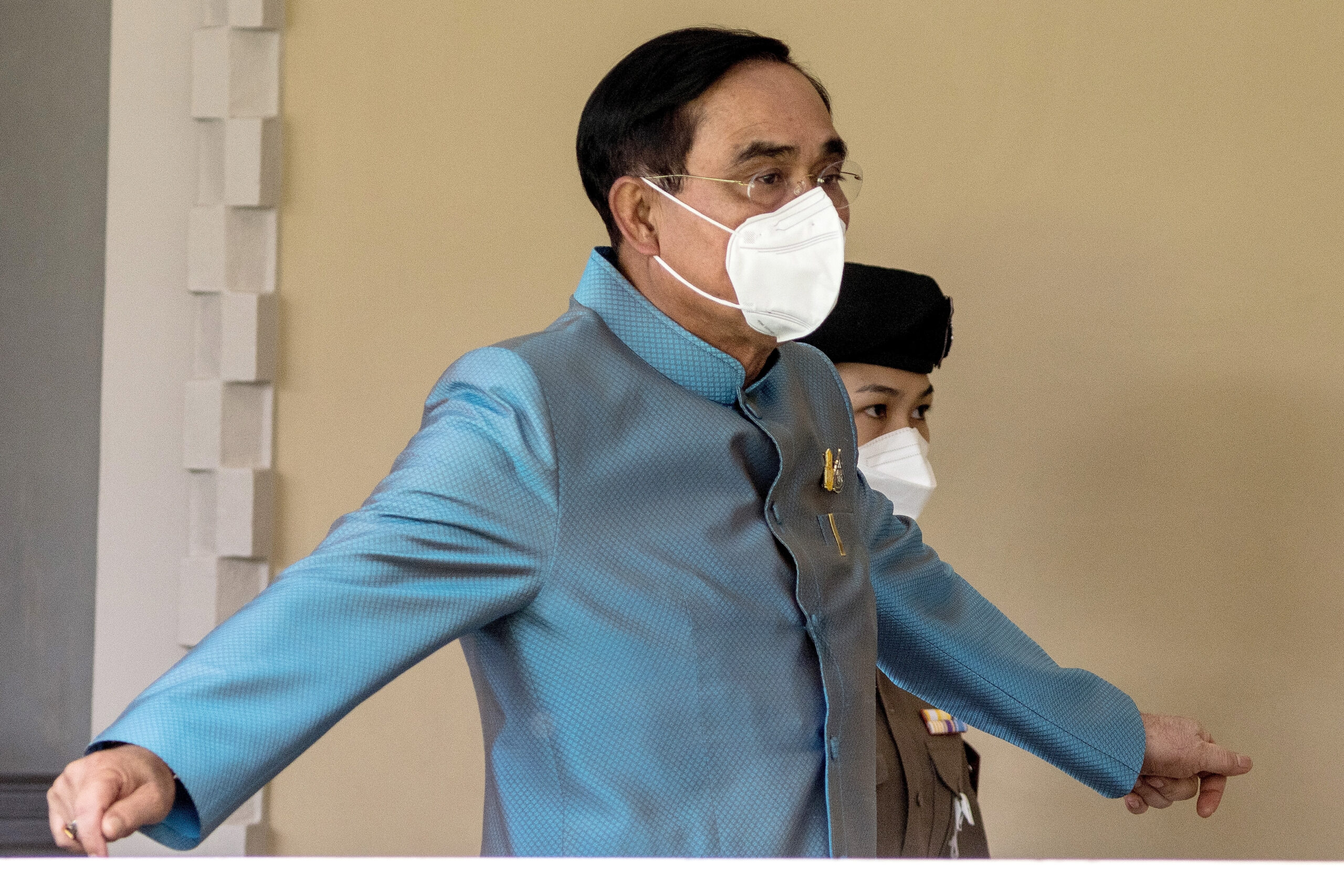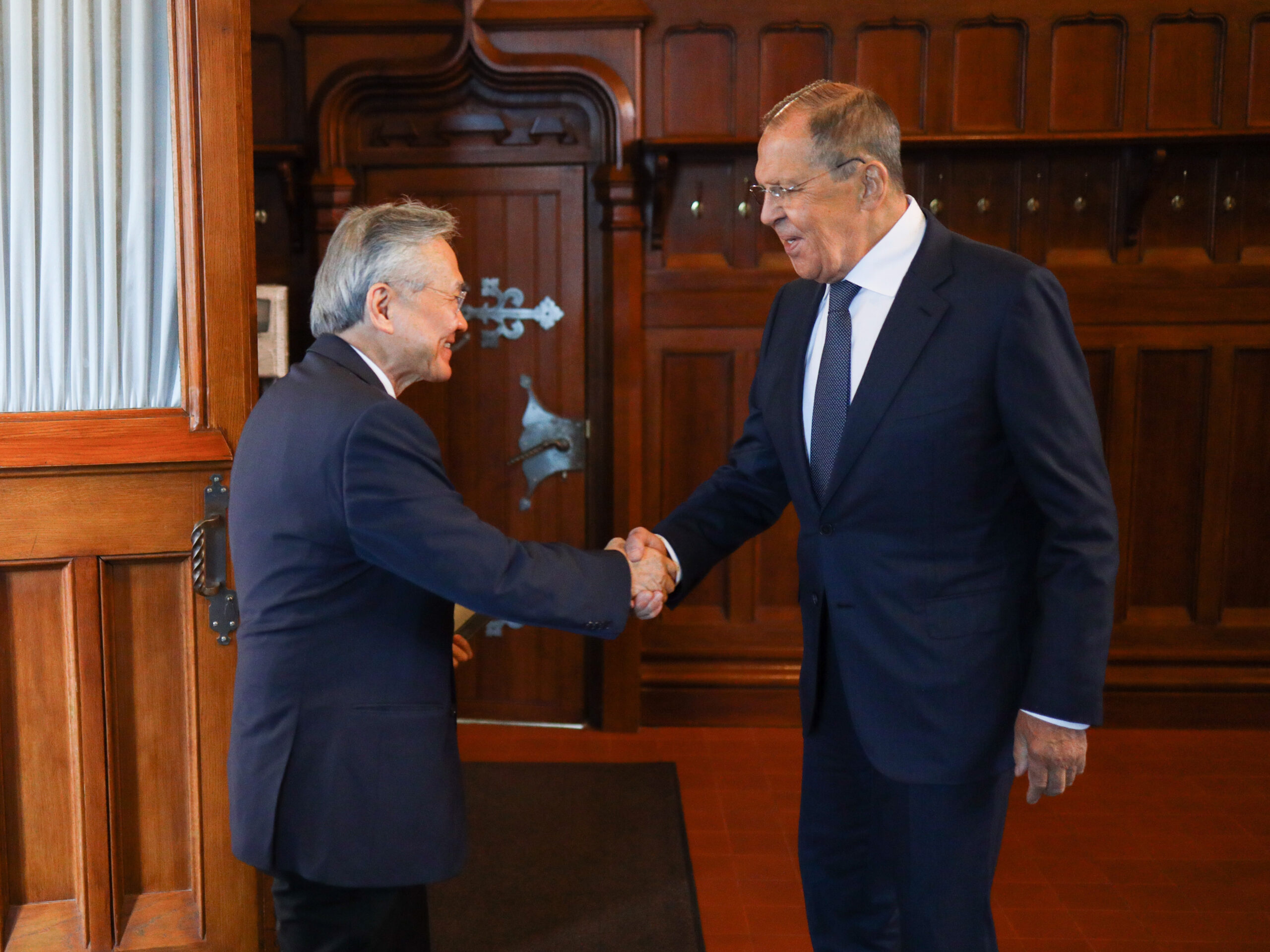The annual gathering of the Asia-Pacific Economic Cooperation (APEC) will take place in Bangkok on 18 – 19 November, but not without turmoil and somewhat diminished expectations from its host Thailand, who is the chairman of the 21-member bloc this year. Interrupted by global events beyond its control, Thailand will contend with the G-20 Summit taking place just days prior in Bali, Indonesia, and repercussions from Russia’s aggressive war in Ukraine, more than 7,000 kilometers away.
Despite all of the political drama taking place outside of APEC’s meeting in November, Thailand is still set on making some gains from its leadership post in 2022. But what can it hope to achieve?
Thailand’s theme for this year as host is “Open. Connect. Balance”, which divides possible outcomes into three categories: opening the Asia-Pacific to new opportunities, connecting across all dimensions of trade, and achieving balance in all aspects of APEC partnerships.
Much focuses on trade and investment, which includes sub-themes of financial inclusion, an enabling environment for business, and continuing a conversation on Free Trade Area of Asia-Pacific (FTAAP), a regional trade initiative. Thailand needs to focus on opening wide previously closed physical and political barriers to trade and tourism, each of which has eroded badly during the Covid-19 pandemic. Tourism revenue dropped from almost 40 million in 2019 to 6.7 million in 2020, which devastated local businesses. There is some optimism, as Thailand expects about $11 billion in revenue due to new tourist arrivals, with 7.5 million expected between July and the end of 2022 to primary destinations such as Bangkok, Phuket and Koh Samui.
While some hope that a return to the Comprehensive and Progressive Agreement for Trans-Pacific Partnership (CPTPP) is on Thailand’s horizon, Bangkok is planning a heavy concentration on FTAPP, which could boost regional member trade exports by as much as 9% by 2030. Thailand could see a gain of more than 18%. If enacted, it would cover 2.9 billion people with a combined GDP of $52 trillion, equivalent to 62% of the world’s gross domestic product.
Thailand’s Prime Minister Prayut Chan-o-cha is banking on the idea that economic integration will boost some of Thailand’s larger objectives, such as digital economies and increasing mutual capacities. Transformation toward a digital economy has been a priority over the past decade, with an expectation that e-commerce will grow across Southeast Asia.

A Google report on the “e-Conomy” in 2021 demonstrates the linkages between pandemic recovery and e-commerce. 34% of digital merchants believed that they would not have survived the pandemic if not for digital platforms. Many Thai businesses are using digital tools to engage with their customers, with 58% expected to increase usage of digital marketing tools in the next five years. Thailand has put much effort into its own transformation, with Thailand 4.0, billed as an innovation-driven economy, and the Eastern Economic Corridor (EEC), the linkage of three strategic Thai provinces, Rayong, Chonburi, and Chachoengsao. The EEC aims to boost Thailand’s competitiveness in 12 distinct areas including automobiles, electronics, medical tourism, agriculture, logistics, and energy.
Yet Thailand finds itself in a difficult position, as APEC is largely split into two camps. When Finance ministers met in Bangkok to discuss post-pandemic recovery, occurring amid inflation spikes in food and energy prices, Thai Finance Minister Arkhom Termpittayapaisith was forced to issue a chair’s statement because APEC members were not able to agree on a regular joint communique. In fact, no such statement has been issued since the bloc began meetings in May.
There were two drivers of that lack of consensus, uncertainty about negative consequences in the region from China’s precarious housing sector and the war in Ukraine, where many APEC members blamed the negative spillover effects created by Russia’s invasion. Those tensions led to attempts by members to insert politically-charged language into what is regularly a benign economic environment. Finance ministers from the U.S., Australia, Canada, Japan, South Korea, and New Zealand issued a separate statement on Thursday, 20 October, “strongly” urging Russia to end its war in Ukraine and withdraw its forces.
Thailand has also put itself into a difficult position by attempting to mediate the two sides, at the same time attempting to salvage the stature of its APEC chairmanship by inviting Russian President Vladimir Putin to attend the November meetings. While U.S. President Joe Biden will be absent due to a family wedding, Vice President Kamala Harris will attend in his absence. Chinese President Xi Jinping is still undecided. Some have suggested that the lack of star power diminishes Thailand’s leadership role, as the G20 which will be attended by Biden, provides stark contrast.

A case can also be made that Thailand put its foot in its mouth by abstaining from a UN General Assembly Resolution that condemned Russian attacks on civilian areas, justifying it by suggesting it would reduce chances for continued diplomacy.
However, Thailand has worried about the impact of Russian relations since the war began, most notably when trade ministers met back in May and has been juggling factions split along Russia-China lines, and long-standing alliances with the United States. Western representatives walked out of the meeting of trade ministers when Maksim Reshetnikov, Russia’s economic development minister, began his remarks.
Thailand badly needs to diversify its economic interests and tourism dependence on China. Russia is a good place to start, as prior to the pandemic in 2019, Russia was the seventh largest tourist market for Thailand with 1.48 million arrivals bringing in 103 billion baht. Russia is also critical in Thailand’s plans for its EEC.
Unfortunately for Prayut, regional politics will likely dash Thailand’s APEC ambitions. It happened before when Papua New Guinea hosted in 2018, amid tensions between the Trump Administration and China, and where members were also unable to agree on a joint communique, after criticism of China’s trade practices. Other APEC summits have been lopsided affairs, most notably when Barack Obama was absent from the meeting in Bali in 2013. China strengthened its position within the bloc in his absence.
Despite the chaos, Thailand should focus on steering a needed conversation about FTAAP, creating greater momentum for connectivity through digital economies, and accelerating post-pandemic recovery. Regional politics are unavoidable, but small victories that often occur under the radar of the media, are still achievable.


